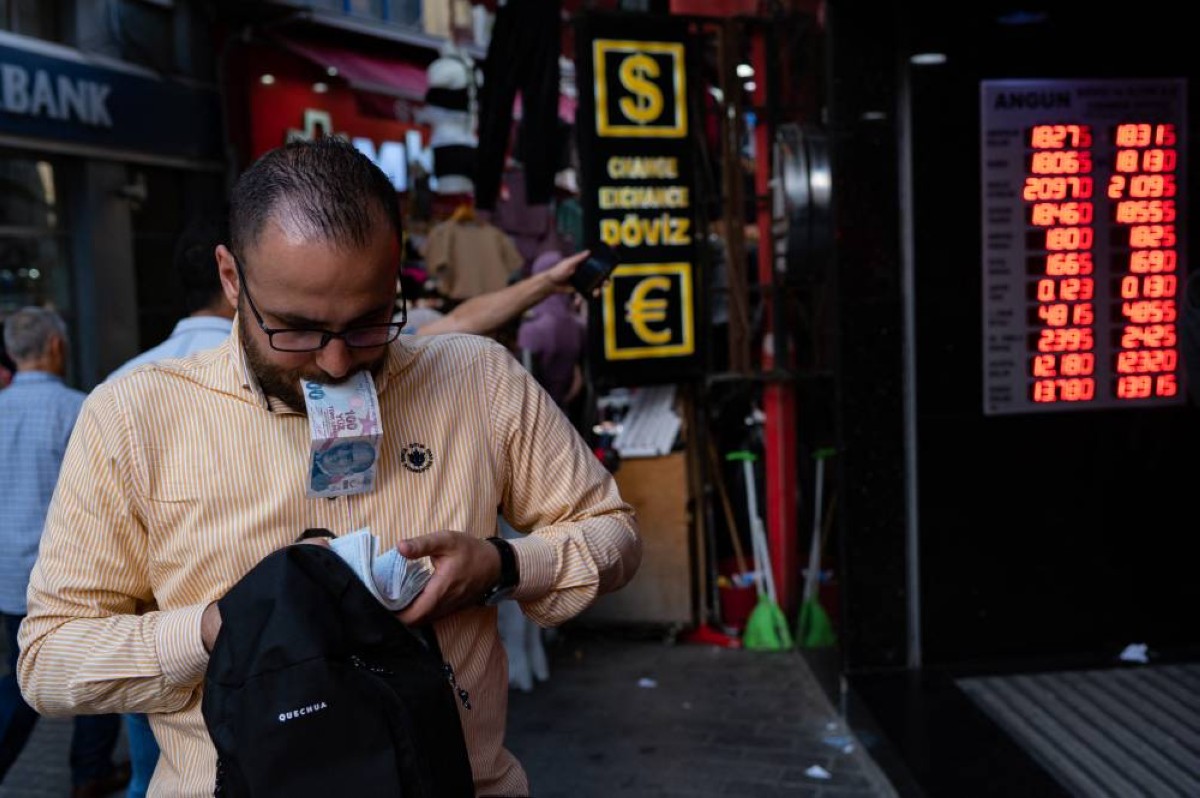China accuses G7 of ‘creating division’ over trade criticism
BEIJING: China accused Group of Seven countries on Wednesday of irresponsibly sowing division after the forum condemned Beijing’s trade practices in an end-of-summit statement.

BEIJING: A child plays at an outdoor fountain at a shopping mall in Beijing on June 28, 2022. - AFP.
G7 leaders had slammed China’s “non-transparent and market-distorting” international trade tactics on Tuesday, in a statement that also vowed to reduce “strategic dependencies” on the Asian giant. Chinese foreign ministry spokesman Zhao Lijian on Wednesday hit back at the criticism, saying the statement showed the allies were “keen to create divisions and confrontations without any sense of responsibility or morality”.
The G7 should “advance globalization” rather than encourage division “at a critical time for the international community fighting the pandemic and striving for economic recovery,” Zhao said at a regular press conference. The G7 statement, in which leaders pledged to “foster diversification and resilience to economic coercion, and to reduce strategic dependencies,” came hours before the leaders joined a larger group of their counterparts at a NATO summit in Madrid.
There, the 30-member alliance was also poised to toughen its stance against Beijing. The United States has long cast a wary eye at China over its trade practices, which Washington believes are designed to accord an unfair advantage to Chinese companies over foreign firms. Russia’s invasion of Ukraine and Beijing’s refusal to distance itself from Vladimir Putin has prompted other countries, including export giant Germany, to also reconsider their economic reliance on the Asian giant.
Beijing’s increasingly strident claims over much of the South China Sea has also sparked alarm over its military ambitions. Western allies acknowledge that the world’s biggest challenges, including climate change, cannot be solved without Beijing’s cooperation, but have become more cautious about China’s actions and aims. A US official called the collective statement “unprecedented in the context of the G7” in acknowledging “the harms caused by China’s non-transparent, market distorting, industrial directives.”
Don’t boycott G20
In another development, British Prime Minister Boris Johnson warned Wednesday against boycotting a G20 summit in Indonesia in November if Vladimir Putin attends, saying this would hand a “propaganda opportunity to others”. Indonesia holds the rotating presidency of the G20 this year and Jakarta has come under Western pressure to exclude Russia’s president from the gathering after announcing in April he had been invited.
“I would be absolutely amazed if Putin goes in person. He’s a pariah figure,” Johnson told reporters on the sidelines of a NATO summit in Madrid. “I don’t think he will go. The question is do we as Western countries vacate our seats at the G20 and leave the whole argument to China, to Russia?” he said. “I think if you vacate something like the G20, you risk just handing the propaganda opportunity to others.” The Kremlin has said Putin will attend the November 15-16 summit. Indonesia, like most major emerging economies, has tried to maintain a neutral position and called for a peaceful resolution to Russia’s months-long offensive in Ukraine.
Indonesian President Joko Widodo was on Wednesday in Kyiv for talks with Ukrainian President Volodymyr Zelensky and will travel to Moscow on Thursday. He also took part in the G7 summit in Germany earlier this week. German Chancellor Olaf Scholz on Tuesday said G7 leaders “don’t want to drive the G20 apart” and for now they are still planning “to go there”, referring to the Indonesia summit. Putin joined last October’s G20 summit in Rome via videoconference due to the coronavirus crisis. – AFP.











